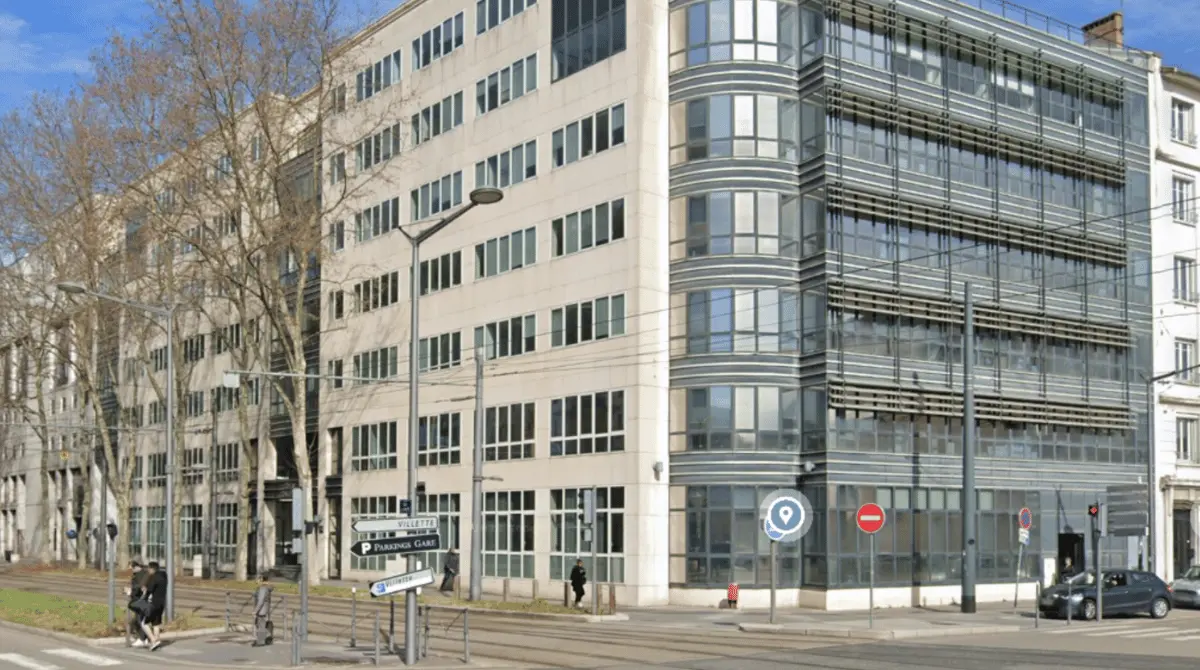From being a phrase specific to the hotel and restaurant business, hospitality has developed into a cross-sector universal value. It now serves as the beacon that shines on the way to retaining customers and growing a firm. Hospitality is now more than simply a friendly smile or first-rate service; it’s a mindset that permeates companies using strong Customer Experience Management (CEM).
Businesses that prioritised hospitality saw a 6.7% gain in yearly revenues over those who did not, according to a report by the Aberdeen Group. The main reason for this is because the hospitality industry encourages upselling and cross-selling. A culture of hospitality is one of the principles to embrace, according to the Service Complaints Research Institute (SERV) at Arizona State University, which finds that 70% of customer complaints may be successfully handled.
Transforming Customer Experience Management in Hospitality
This post will discuss how to develop a hospitality culture in any kind of business, how to assess how hospitality initiatives affect the customer experience, and provide real-world examples from well-known companies that have successfully included hospitality management into their operations.
From Transactional to Experiential
Customer experience management and hospitality
Fostering genuine connections and client loyalty
How to Incorporate Hospitality into Your Business?
Any business must prioritise hospitality because it builds customer loyalty and produces a great customer experience. Although many believe it to be an intrinsic trait, it is something that can be taught and used across an organisation. Here are a few ideas for integrating hospitality into your company:
Promote Active Listening: Establishing methods to routinely and methodically gather client feedback is one way to include hospitality. Surveys, social media input, and employee training on how to pay attention to and properly address client complaints and recommendations are all included in this. Businesses may find areas for improvement and implement the required changes to improve customer service by actively listening to their customers.
Employee Education and Training: Giving staff members regular or specialised training in service excellence to help them become good communicators is another method to embrace hospitality. It is critical to create an atmosphere where staff members feel appreciated and inspired to provide great customer service. Career growth possibilities, performance-based rewards, and recognition programmes can help achieve this.
Personalisation: Personalisation is an essential component of hospitality. By using gathered client data, customised experiences—like personalised recommendations, special deals, or even just remembering personal preferences—can be offered. Customisation is an essential component of hospitality that helps to build stronger relationships with patrons.
Assessing and Continually Improving: Metrics including client happiness, loyalty, and retention must be established in order to track success linked to hospitality. Data may be used by companies to pinpoint areas for improvement and continuously modify their customer service tactics. Through performance measurement, companies can improve customer service by making data-driven decisions.
Involve Executive Leadership: Top management sets the example for developing a business culture that values hospitality. Make sure that every employee understands the importance of providing excellent client experiences and that the organisation as a whole upholds values such as kindness, empathy, and civility. Through the involvement of upper management, companies can establish an inclusive culture that is welcomed by all stakeholders.
In summary, good customer service and loyalty are built through the integration of hospitality into your organisation. Businesses may foster a welcoming culture that fosters success by encouraging active listening, offering staff training and development, personalising experiences, tracking performance, and involving upper management.
The challenge of measuring hospitality: Is it feasible?
It is difficult to gauge hospitality, and there is no one-size-fits-all metric for assessing competence in this area. Nonetheless, a variety of metrics are available for measuring hospitality, and they may be broadly divided into two categories: operational KPIs and customer satisfaction KPIs.
KPIs for operations
Metrics connected to customer service effectiveness are called operational KPIs. The following operational KPIs can be used to gauge hospitality:
- Average Response Time: An essential component of hospitality, this indicator calculates the typical time it takes to handle complaints.
- Experience personalisation: This indicator counts the number of times a consumer is contacted personally or the proportion of customers who receive personalised recommendations. A crucial component of hospitality is personalisation.
- First Contact Resolution Rate: This measure evaluates the number of issues or queries that are satisfactorily handled in the first conversation. Efficient hospitality is demonstrated by a high first contact resolution rate.
Customer satisfaction KPIs
- Consumer Return Rate: This indicator shows how often a consumer comes back. Customers who are happy after receiving a warm welcome are more likely to return.
- Customer Loyalty Index: This measure determines the proportion of new clients that become devoted, recurring buyers. Loyalty can be elevated through effective hospitality.
- Customer Input on personnel: Customers’ direct input on the professionalism, friendliness, and civility of the personnel is gathered in this metric. This offers a clear assessment of the staff members’ hospitality.
- Cancellation Rate for Services or Products: This measure expresses how many cancellations there are in relation to the total number of clients. A more satisfying host experience is usually correlated with a lower cancellation rate.
- Customer Referral Rate: This statistic tracks the number of new clients that come from recommendations from current clients. Customers that are happy often recommend friends and relatives.
- Customer Satisfaction Index (CSAT): Through post-interaction surveys, this indicator gauges total customer satisfaction. A steady increase in CSAT points to improved customer satisfaction that is linked to hospitality.
- Net Promoter Score (NPS): This measure assesses how likely it is for consumers to suggest the business to others. Higher NPS scores are frequently associated with friendlier and more favourable interactions.
- Customer Referral Rate: This statistic tracks the number of new clients that come from recommendations from current clients. Customers that are happy often recommend friends and relatives.
- Customer Satisfaction Index (CSAT): Through post-interaction surveys, this indicator gauges total customer satisfaction. A steady increase in CSAT points to improved customer satisfaction that is linked to hospitality.
- Net Promoter Score (NPS): This measure assesses how likely it is for consumers to suggest the business to others. Higher NPS scores are frequently associated with friendlier and more favourable interactions.
Well-known businesses using hospitality as a point of difference
In their Customer Experience Management approach, a number of businesses have made hospitality a primary point of difference. In terms of client retention, loyalty, and revenue growth, they have seen considerable success as a result. Below are a few instances:
Ritz-Carlton: With a 95% customer retention rate, Ritz-Carlton has made hospitality its cornerstone. The implementation of the personalised service programme has resulted in a 24% rise in income for the organisation.
Amazon: The company’s membership programme, Amazon Prime, reflects its emphasis on hospitality. By providing quick shipment, specialised information, and a personalised experience, the programme fosters customer loyalty and dramatically increases income. Hundreds of millions of people worldwide are members of Amazon Prime.
Airbnb: By encouraging host hospitality, Airbnb has completely transformed the tourism and accommodation sectors. It has given its clients a distinctive and tailored experience by doing this.
Starbucks: The corporation has been able to sustain a loyal client base by integrating hospitality into its workplace culture. Over 23 million people are currently enrolled in Starbucks Rewards, the company’s loyalty programme, accounting for over 44% of all purchases in the US.
These illustrations show that, in the context of customer experience management, hospitality is not merely an abstract idea but can also be associated with intimacy, problem-solving, personalisation, and other admirable qualities. Businesses can achieve notable success in terms of client loyalty, retention, and revenue growth by emphasising hospitality as a differentiator.






